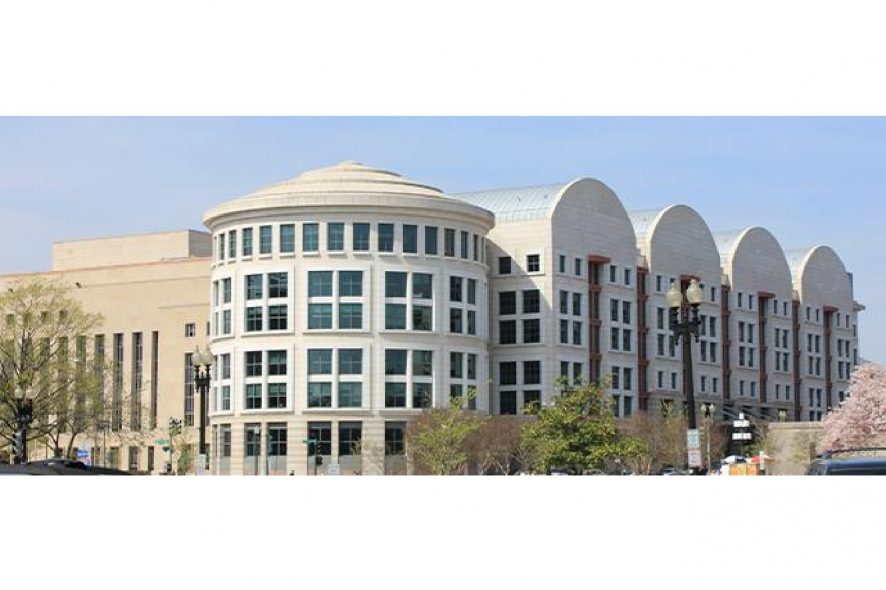United States District Court, Columbia: Royce C. Lamberth, J., held that, a mandated pre-publication review process is not an unconstitutional prior restraint.
Bolton has gambled with national security of USA.
Background
John Bolton in the year 2018 had accepted the role as a National Security Advisor and was responsible for directing and supervising the work of National Security Council staff on behalf of the president.
Further in the Year 2019, when he left his post he secured a book deal with publisher Simon and Schuster.
Bolton had accepted the certain conditions in his employment and executed multiple non-disclosure agreements with the government.
In one agreement, Bolton agreed that he would “never divulge classified information to anyone unless: (a) he has officially verified that the recipient has been properly authorized by the United States Government to receive it; or (b) he has been given prior written notice of authorization from the United States Government . . . that such disclosure is permitted.”
In the event Bolton was “uncertain about the classification status of information, [he was] required to confirm from an authorized official that the information is unclassified before he may disclose it.
Violation of the above could result in assigning to the US Government all royalties, remunerations and emoluments.
On June 8, 2020, John Eisenberg, Deputy White House Counsel and Legal Advisor to the NSC, issued a letter to Bolton that claimed the manuscript of the book contained classified information. By that point, Bolton had already delivered a final manuscript to his publisher for printing and shipping, without written authorization and without notice to the government.
What is the government asking this Court to do about the above-stated issue?
Government seeks a Temporary Restraining Order or Preliminary Injunction that would:
- Enjoin Bolton from “proceeding with the publication of his book in any form or media without first obtaining written authorization from the United States through the prepublication review process;”
- Require Bolton to “ensure that his publisher and resellers receive notice that the book contains classified information that he was not authorized to disclose;”
- Require Bolton to “instruct his publisher to delay the release date of the book pending the completion of the prepublication review process and authorization from the United States that no classified information remains in the book;”
- Require Bolton to “instruct his publisher to take any and all available steps to retrieve and destroy any copies of the book that may be in the possession of any third party;”
- Enjoin Bolton from “taking any additional steps towards publicly disclosing classified information without first obtaining authorization from the United States through the prepublication review process;” and
- Require Bolton to “ensure that his publisher and resellers receive notice of the injunction.”
Bolton was the National Security Advisor to the President. He was entrusted with countless national secrets and privy to countless sensitive dealings.
To Bolton, this is a selling point: His book is entitled The Room Where It Happened.
He rushed to write an account of his behind-closed-doors experiences and produced over 500 pages of manuscript for review. Not four months later, Bolton pulled the plug on the process and sent the still-under-review manuscript to the publisher for printing.
Many Americans are unable to renew their passports within 4 months, but Bolton complains that reviewing hundreds of pages of a National Security Advisor’s tell-all deserves a swifter timetable.
Access to sensitive intelligence is rarely consolidated in individuals, and it comes as no surprise to the Court that the government requested several iterations of review headed by multiple officers. But what is reasonable to the Court was intolerable to Bolton, and he proceeded to publication without so much as an email notifying the government.
Court further added that the NDA’s signed by Bolton barred publication of classified material but he likely published materials.
Government also argued that an injunction would atleast prevent any further spread of the book, such as limiting its audiobook release.
But for the said argument, Court stated that it is unavailing, Bolton has without securing final approval from national intelligence authorities published his book and may indeed have caused irreparable harm to the country.
With hundreds of thousands of copies around the globe—many in newsrooms—the damage is done. There is no restoring the status quo.
Hence, Court while concluding and denying the motion held that,
“.. Bolton has gambled with the national security of the United State and has exposed his country to harm and himself to civil and potentially criminal liability. “
The above facts do not control the motion before the Court and government has failed to establish that an injunction will prevent irreparable harm. [ U.S.A v. John R. Bolton, Case No. 1:20-cv-1580(RCL), decided on 20-06-2020]






